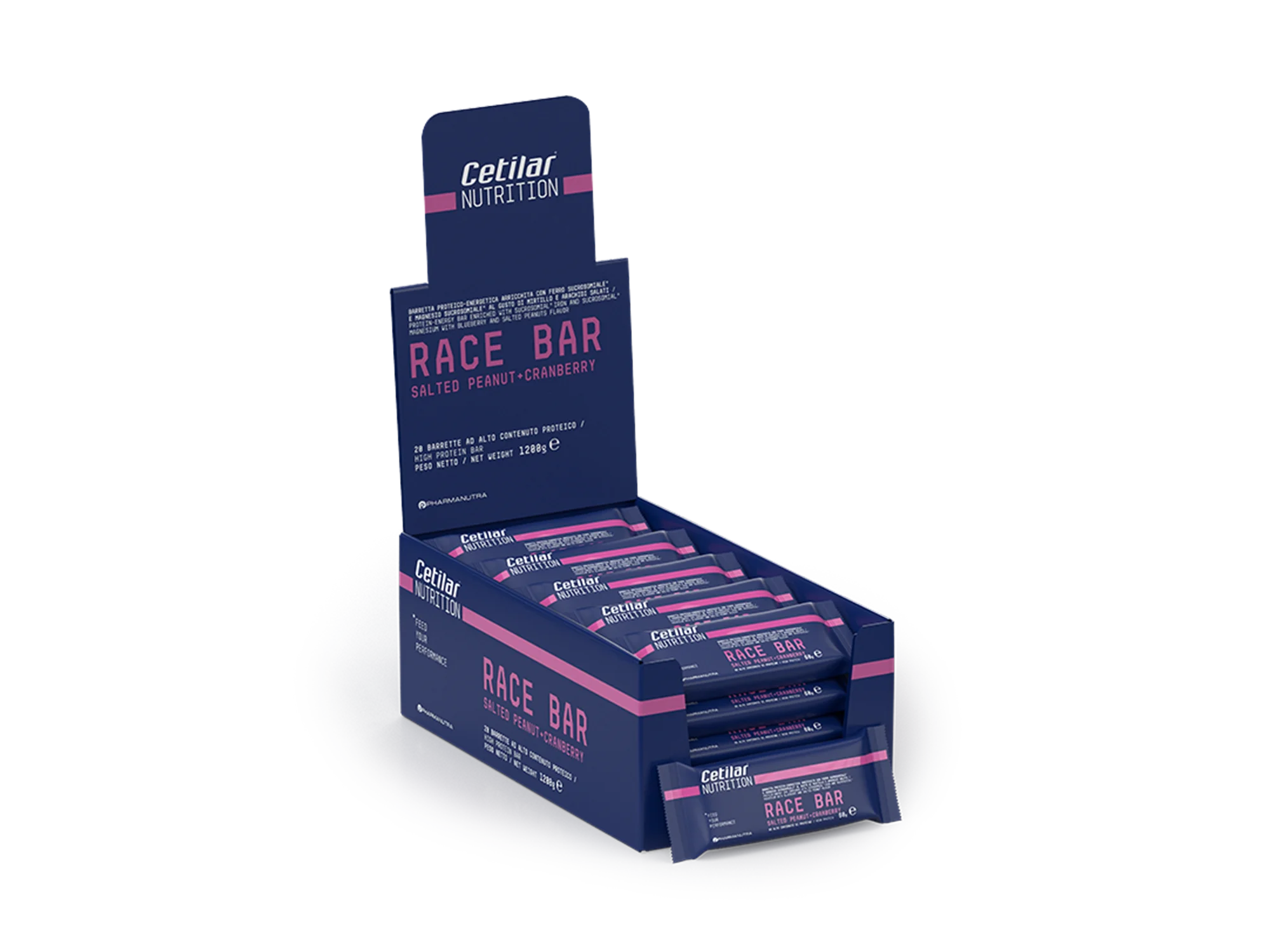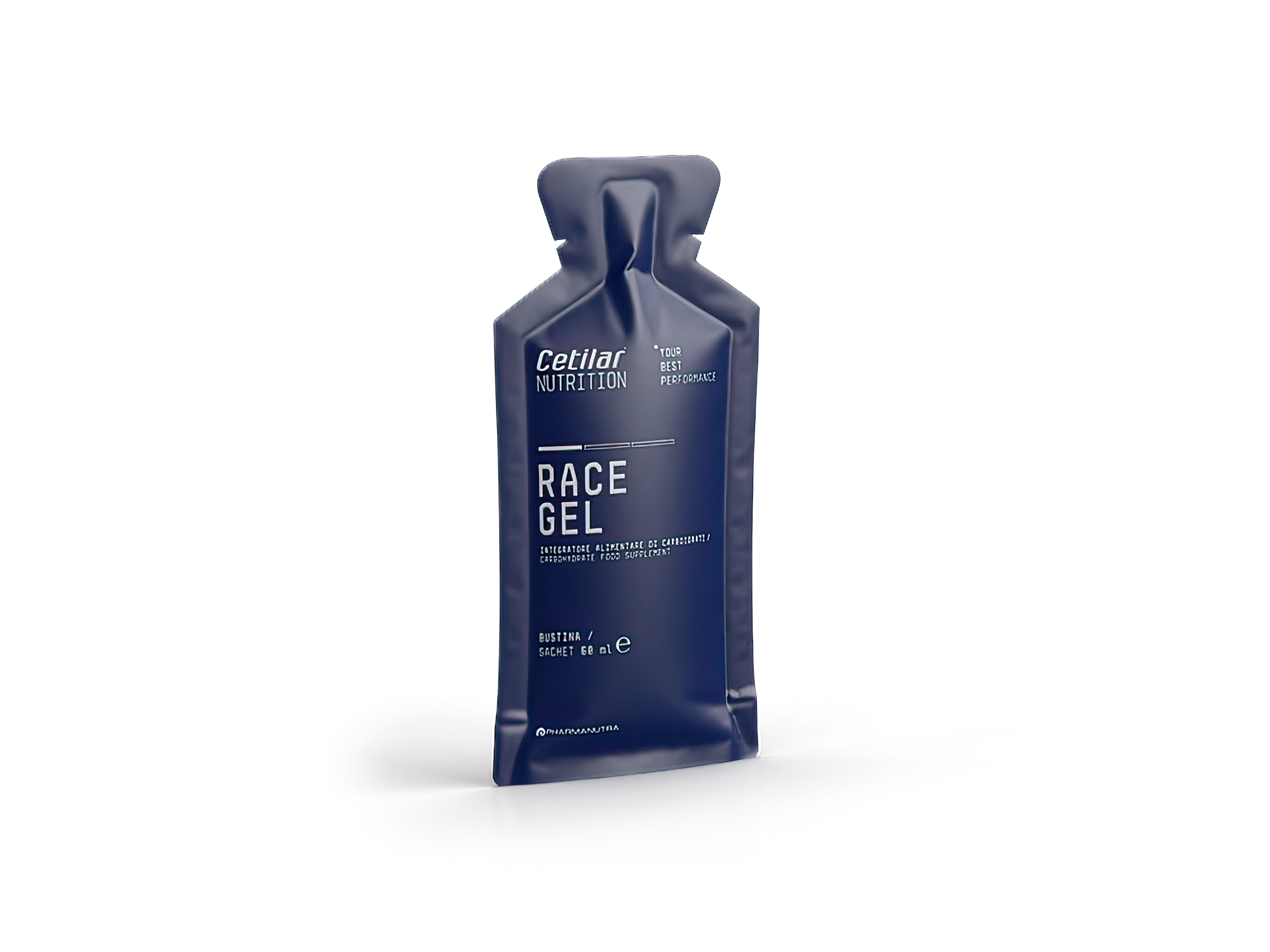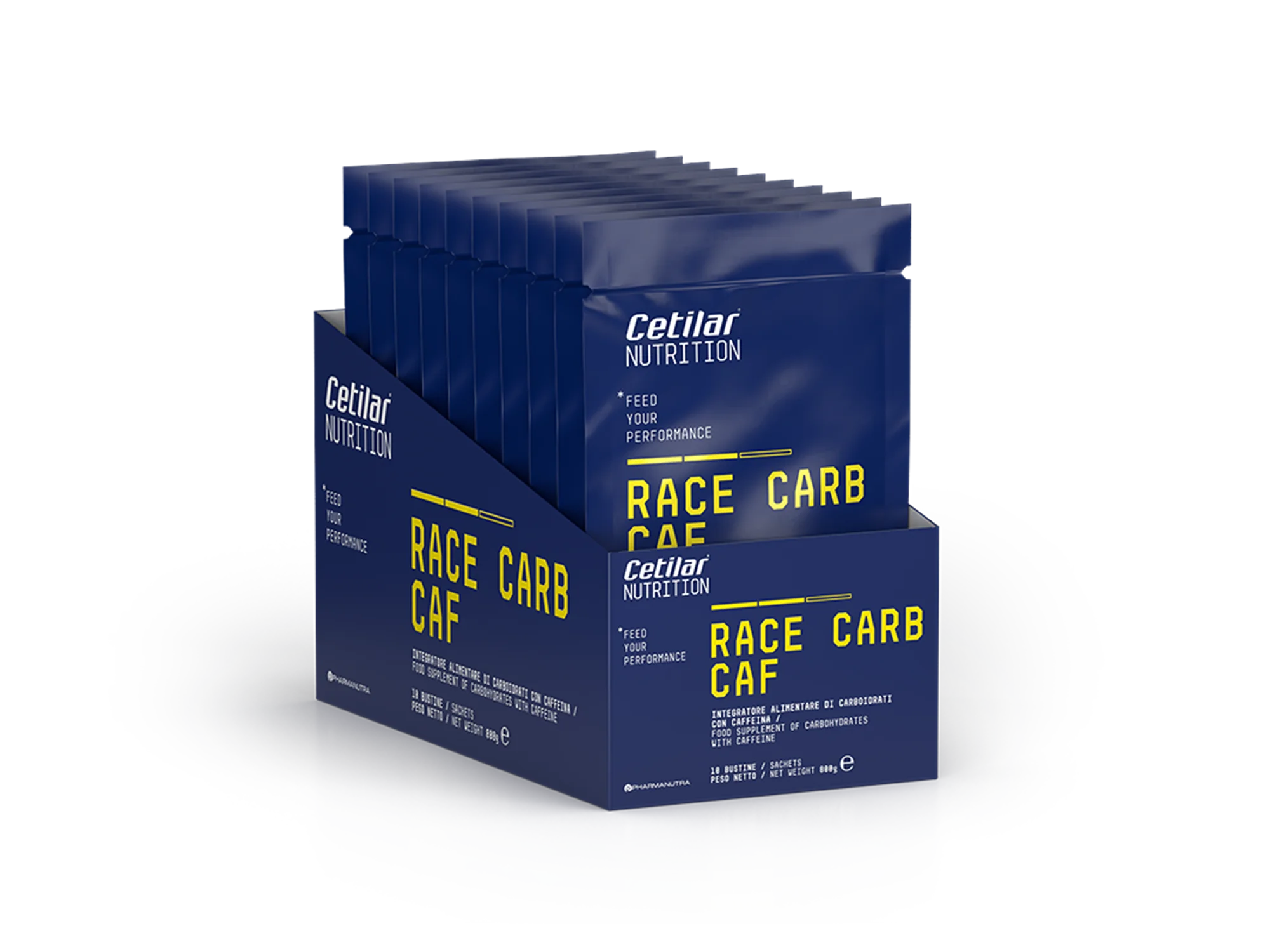Healthy, nourishing snacks for sportspersons wanting to eat correctly

The sporting diet is indispensable for athletes wanting to improve their performance during physical activity. In addition, only by following the right sporting nutrition can athletes guarantee their physical well-being: on and off the field. First of all, anyone who does sport has to have a balanced diet: a balanced diet must include 55-60% carbohydrates; 15% protein foods, of both vegetable and animal origin; finally, 25-30% fats. This goes for snacks too, which are a quick and practical solution, but in any case must balance the macro-nutrients our body needs well.
Snacks and sport, why these are important in the sporting diet
In a correct sporting diet, you should never skip a meal during the day. Not even a mid-morning or mid-afternoon snack: a healthy snack is a great idea, especially when you’re in a hurry, so you don’t get to your next meal starving.
Indeed, there is one fundamental rule: never fast before a workout. Of course, there’s no need to stuff yourself, but a light meal is what is needed to feel good during training, topping up the body with the fuel it burns during physical activity. Otherwise, not only will performance be poor as the body doesn’t have the right nutrients to cope with the training, but you could also risk being starving by the next meal, with the risk of overeating which would compromise the benefits of the physical activity.
In the same way, a correct sporting diet must also pay attention to what you eat after training. A snack within an hour after training helps the body to recover the nutrients lost during physical activity, replenishing glycogen stocks and helping our muscle mass to grow. And there’s more: the right snack also relieves the feeling of appetite before the main meal.
The best snack for people who do sport
People who do sport need more energy to support their body during physical activity. For this reason, before training, in particular athletes need carbohydrates: the fuel for our muscles. Simple and digestible carbohydrates, however, which provide energy without weighing you down. Whole wheat bread with jam or oil, or nuts, make excellent snacks for pre-workout, as do berries, such as blueberries or raspberries, or a banana.
After training, we have to top up on proteins too, which are fundamental in the recovery phase as protein foods help to guarantee correct muscle mass growth. But carbohydrates should be assured after sport too: this is because glycogen, our body’s energy reserves, is consumed during physical activity. Carbohydrates help to produce new glycogen. So: what to eat after training? Here are some ideal snacks after physical activity: Parmesan cheese, chick pea hummus, complex carbohydrates (whole wheat cereals or quinoa) avocado, tofu or a couple of slices of bresaola.
Protein-energy bars also make a valid alternative. They must not replace the main meal, but are an excellent idea, for example, in the pre-workout phase to prevent low blood sugar levels: especially for endurance based physical activity, so that the body has energy to consume throughout the training session. But they are also a really good idea after physical activity, when we have to top up our energy immediately.
CetilarⓇ Nutrition protein-energy bars as a snack
CetilarⓇ Nutrition protein-energy bars make an ideal snack: practical and tasty, designed for people on the go who don’t want to miss out on a healthy, balanced snack. Because with their balanced formula (40-30-30) they balance all the macro-nutrients our body needs. This is why we have come up with the ideal protein-energy bars for eating both in the pre-workout phase and after physical activity. Our protein-energy bars contain two minerals in Sucrosomial® form, iron and magnesium, which help both to reduce fatigue and stimulate the normal energy-yielding metabolism.



